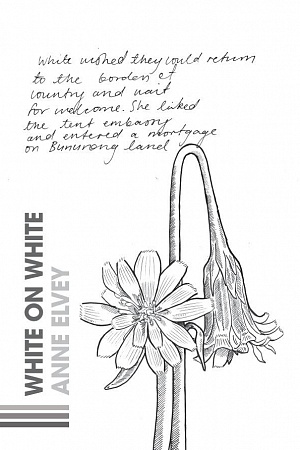Littoral Truth
In an essay on the poetry of George Crabbe, Peter Porter wrote, ‘It is a great pleasure to me, a man for the littoral any day, to read Crabbe’s description of the East Anglian coast.’ Happily, there is by now a substantial and various array of writings about Porter’s work, and I would like simply to add that his being, metaphorically, ‘a man for the littoral’, with all its interfusions, is one of his distinguishing qualities, and something to rejoice in. Coastlands, and marshes, are essential to his intellect and to his imagination. He may never have had one foot in Eden, but he did rejoice in a plurality of territories.
With a hallmark ruefulness, Porter would joke that the principal use of poetry was to supply novelists and filmmakers with titles for what they produced: but he was himself a constant crosser of borders between prose and poetry, music and verse, the most sumptuous of visual works in Western civilisation and poems which might revere, chasten or ironise them. He could mount a commanding array of insights while offering in the same breath a disarming modesty about their power. If ever there was a case of someone writing poems to see what happened, Peter Porter was the man – ‘for the littoral any day’.
Continue reading for only $10 per month. Subscribe and gain full access to Australian Book Review. Already a subscriber? Sign in. If you need assistance, feel free to contact us.












Leave a comment
If you are an ABR subscriber, you will need to sign in to post a comment.
If you have forgotten your sign in details, or if you receive an error message when trying to submit your comment, please email your comment (and the name of the article to which it relates) to ABR Comments. We will review your comment and, subject to approval, we will post it under your name.
Please note that all comments must be approved by ABR and comply with our Terms & Conditions.